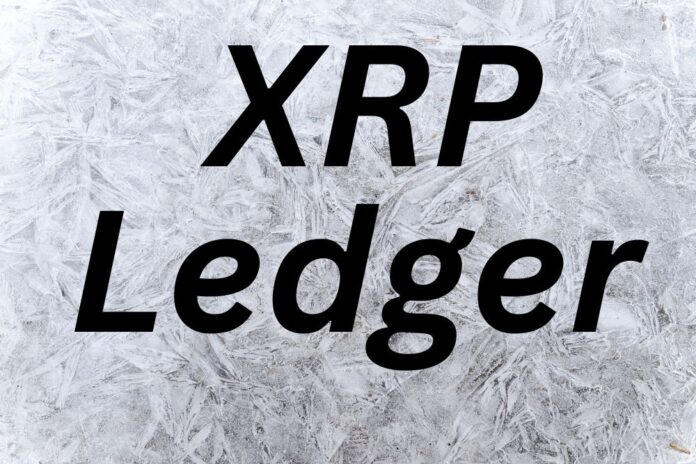Stefan Thomas, former CTO of Ripple, recently announced his work on a new version of Codius, an open-source hosting platform designed to support smart contracts. This announcement has generated significant interest within the XRP community, as Codius has the potential to significantly impact the XRP Ledger.
Originally introduced in 2014, Codius was developed to provide an innovative approach to decentralized app development, combining off-chain execution with cross-chain compatibility to address the limitations of conventional blockchain platforms.
Crypto expert Max Avery (@realMaxAvery) recently delved into the importance of this announcement and its potential impact on the XRPL.
Details of Codius
At its core, Codius is designed for decentralized hosting, allowing programs to run across multiple hosts, forming a peer-to-peer network for service deployment. Unlike many blockchain-based platforms that rely on their internal infrastructure for executing contracts, Codius uses a unique hosting model.
According to Avery, programs on Codius can “pay for their own operation” through built-in billing functions. Importantly, it supports coding in popular programming languages like Java or C++, expanding its appeal to a broader pool of developers.
Other experts have speculated on the relaunch of Codius. For the XRPL, Codius holds particular significance due to its off-chain smart contract execution capabilities. By allowing smart contracts to run independently of the XRPL, Codius reduces the computational load on the main blockchain, which in turn preserves the high transaction speed for which XRP is known.
What Makes Codius Significant?
As Avery noted, Codius offers cross-ledger compatibility, which allows it to operate seamlessly with multiple blockchains, enhancing its utility for applications requiring complex interactions across different networks.
We are on twitter, follow us to connect with us :- @TimesTabloid1
— TimesTabloid (@TimesTabloid1) July 15, 2023
Another distinguishing feature of Codius is its scalability. Avery noted that the XRPL can offload its computational load to Codius. This architecture allows it to maintain high throughput, even as it supports increasingly sophisticated applications.
Codius’s interoperability is another crucial advantage. By facilitating communication between the XRPL and other blockchains, as well as traditional payment networks, Avery pointed out that Codius aligns with Ripple’s “Internet of Value” vision, which aims to create a seamless network for exchanging all forms of value globally.
Furthermore, Codius opens up new use cases for microtransactions, particularly in sectors like content monetization and the Internet of Things (IoT). With the logic of smart contracts handled off-chain, XRPL’s low fees make microtransactions more viable, potentially driving increased activity and adoption.
Additionally, Codius’s language-agnostic nature encourages the use of secure and efficient programming languages, which can attract a larger developer base and foster growth within the XRP ecosystem. With Ripple’s rapid global expansion, Codius could significantly boost the ecosystem and XRP’s price in the long run.
Disclaimer: This content is meant to inform and should not be considered financial advice. The views expressed in this article may include the author’s personal opinions and do not represent Times Tabloid’s opinion. Readers are urged to do in-depth research before making any investment decisions. Any action taken by the reader is strictly at their own risk. Times Tabloid is not responsible for any financial losses.
Follow us on Twitter, Facebook, Telegram, and Google News



